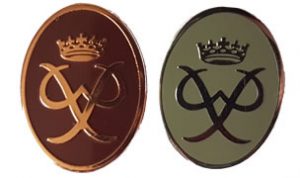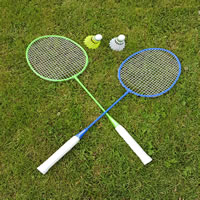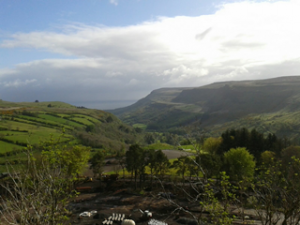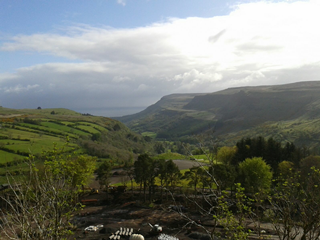I am going for gold. Duke of Edinburgh Gold that is. The Duke of Edinburgh’s award is a programme founded by Prince Philip for young people under the age of 25 which challenges them to do different tasks. There are three levels to Duke of Edinburgh; Bronze, Silver and Gold where each level is more challenging and requires more commitment than the previous.
For each level you must complete 4 or 5 different sections. In Bronze, Silver and Gold you must complete the volunteering, physical, skills and expedition sections whereas for Gold you must complete an additional residential section.
Explanation of the Duke of Edinburgh levels:

Bronze (14+ years)
- Volunteering section: 3 months
- Physical section: 3 months
- Skills section: 3 months
- Expedition section: 2 days and 1 night
Silver (15+ years)
- Volunteering section: 6 months
- Physical section and skills section: one 3 months and the other is 6 months
- Expedition section: 3 days and 2 nights
Gold (16+ years)
- Volunteering section: 12 months
- Physical section and skills section: one is for 12 months and the other is 6 months
- Residential section: 5 days and 4 nights
- Expedition section: 4 days and 3 nights
Explanation of the Duke of Edinburgh sections:
Volunteering section
The volunteering section is where you volunteer without being paid for one hour per week. Examples of volunteering could be in a charity shop, or in a local church or with St John’s ambulance. This is such a good way to meet new people and to be helpful to the community. For more ideas for volunteering click here.

The physical section is where you go to perform a physical exercise e.g. with Ballymena Runners or at a leisure centre or gym. This means that you spend an hour a week doing the physical activity you have chosen. There are a wide range of physical activities that are accepted, from archery to ballet and from sailing to underwater rugby. This is a good opportunity to increase your fitness and get out of the house more! For more ideas click here.
Skills section
For this section you pick a specific skill. You spend one hour a week doing that skill. Note: You are not allowed to do these or indeed any section at home, by yourself or with a family member. It must be with an official person like a piano teacher or in the case of the physical section, a leisure centre. A relative must not sign the assessor’s report. For the skills section you can choose a variety of skills such as performance arts, music or collecting. Just make sure it is something that you enjoy! Some ideas for the skills section can be found here.
Residential section (Gold only)
The residential section is only required for the Duke of Edinburgh Gold. For the residential section you must spend at least 5 days and 4 nights away from home on a shared activity with people you do not know. Examples of a residential section may be a children’s camp or a snowboarding camp. Some ideas for residential can be found here.
Expedition section

The main event! The infamous expedition section is what most people associate Duke of Edinburgh with. The expedition section involves a long hike and camping out overnight(s). The expedition really pushes you as you are walking with a heavy rucksack for hours on end. Nevertheless, it is really worth it! For the expedition section, you do at least two expeditions. A practice expedition and a qualifying expedition. They are essentially the same but the qualifying expedition is the one that counts and the two expeditions generally take place in different places. For example, for my gold practice expedition I was in the Mourne Mountains but for my qualifying expedition I am going to the Lake District in Cumbria, England. For the expedition section you have to pack your food in a rucksack along with everything you need: Clothes, parts of the tent, etc…
Don’t want to walk the expedition? Great! The expedition section does not have to be walking. You can do the expedition on a bicycle, canoeing or on horseback.
Evidence and eDofe
Obviously, you need proof that you have completed the Duke of Edinburgh section. Therefore, you can print out an assessor’s report and get the assessor to sign each week to say exactly what you have done. This also means that you can upload pictures and videos onto your eDofe account as evidence and enter other relevant information into your profile.
This is a summary of the Duke of Edinburgh’s award. I hope you decide to do it. Good luck and enjoy!
For more information visit the DofE website.





